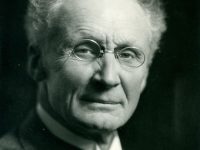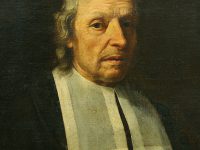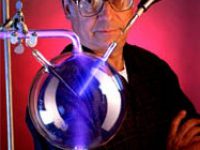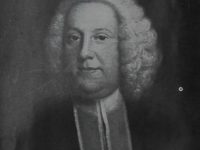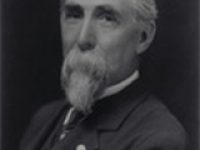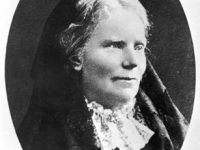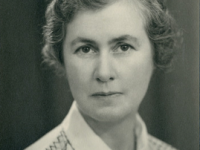Vilhelm Bjerknes – A Pioneer of Modern Weatherforecast
On March 14, 1862, Norwegian physicist and meteorologist Vilhelm Bjerknes was born, Bjerknes is best known for being one of the founders of the modern science of weather forecasting with his 1921 published work “On the Dynamics of the Circular Vortex with Applications to the Atmosphere and to Atmospheric Vortex and Wave Motion“. Youth and Education Vilhelm Frimann Koren Bjerknes was born in Kristiania (later renamed Oslo), Norway, and enjoyed an early exposure…
Read more











